Staff blog, by Hannah Chamberlain
That was the first thing I posted on the Inclusion Barnet team chat the morning after the screening of the drama on BBC. Then Barbara Met Alan tells the story of disability rights activists Barbara Lisicki and Alan Holdsworth. It tells it as a love story, it tells it, said the Guardian ‘like a rock and roll biopic’, it tells it with well justified gusto and pride, this story of ground breaking disability campaigning. It was the establishment of DAN, the Disabled People’s Direct Action Network, and the freewheeling civil disobedience that it organised that led to the Disability Rights Act and the acceptance of the social model of disability in common parlance. Much of the rights that we celebrate today have their roots in the 90’s movement.
I wasn’t involved in 90’s disability activism, but I could recognise the DIY aesthetic of the scene from the mental health rights struggles of the time. I was on the periphery of events such as Mad Pride, Survivors Speak Out and Bonkersfest, all forerunners of the mental health movement today, and run with a similar anarchic festival ethos. I felt like I’d run away and joined the circus as I filmed and documented these stories. Heady days, pre-social media networks, and organised by email and phone, we were aware we were standing on the shoulders of the generation before, who had campaigned with photocopied fanzine style mags with names like The Needle. It wasn’t about individuals as such, though individuals took themselves to the brink of their mental health putting together these campaigns. It was about being together. David Crepaz-Keay, when campaigning for the establishment of NSUN – National Service User Network – gave me a great quote for the film I was making to support the funding bid. “I realised that I could get well,” he said “when I saw that madness wasn’t a sad lonely thing of me in my bedroom, but it could be part of a community way of being”.
The title Then Barbara Met Alan is well chosen. This is the story of the disability movement, and it happens when one person meets another. Likeminded souls can be catalysts that change whole lives. When you meet your tribe, you can be unstoppable. Barbara and Alan play out their stories in the middle of community.
Being in community doesn’t mean speaking up for yourself. It means joining the communal voice – and standing up for it. Liz Carr, the trailblazing actress and performer, features in conversation with Ruth Madeley, playing Barbara. “It’s the drowning of the choir that gets me,” says Liz, who was there in the 90’s and plays herself in this scene. “The loud, they can just about stick up for themselves, refuse to let the lid close on them, tell them to F off. But the quiet ones, how many times have they been told how they should live their lives. And then done it. Because it’s their nature to be quiet.”
As a Deaf and Disabled People’s Organisation (DDPO), Inclusion Barnet works with those who want to use their voices and those who want to add their weight, however they choose, to campaigns that really matter to the lives of disabled people. We know how to pull political levers, and we know the arguments – we know them because we listen to and act upon needs expressed by the voices of people like you. Most recently, jointly with Inclusion London and eight other DDPO partners, we have been awarded a Grant by City Bridge to run a two-year Cornerstone project – to enable DDPOs to address systemic, attitudinal barriers to Disabled people’s equality through developing strategic communications that will improve understanding of disability and DDPOs. Inclusion Barnet will take the role of project lead to raise the profile of Disabled people’s organisations and the way the Disabled people can come together to push for change. We also continue to campaign for a fairer benefit system. With the rise in the cost of living and the squeeze on benefits, this is in response to our membership concerns and we are proud to push the agenda forward.
Campaigning methods have moved on. We lobby, organise focus groups, surveys, workshops and events, and we do much work online and digitally. The arguments have moved on, but the fundamental need to come together to raise our voices has not.
It may be that you are a social media star or an active campaigner. It may be that you are one of the choir. It may be that you remember the 90’s campaigns, it may be that you don’t think of yourself as a campaigner, or don’t even think of yourself as disabled. At Inclusion Barnet we consider all elements of intersectionality and marginalised groups to push for a truly inclusive society. This means that our membership encompasses people who identify as disabled, neurodivergent, living with a mental health or long term condition, and we champion those excluded or marginalised through gender, race or sexuality. The message that came through loud and clear from Then Barbara Met Alan is one that we subscribe to at Inclusion Barnet. Your voice matters. Our members matter.
Join our membership for a better tomorrow. Our voices are stronger together.


